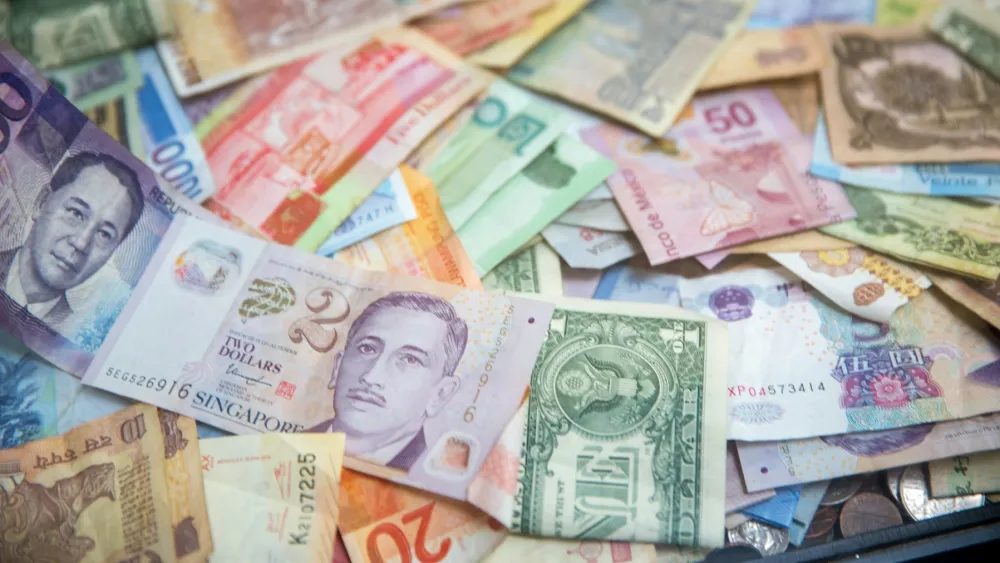
Negative gov't intervention fuels rise of Malaysian banks’ systematic risks
Officials’ moratorium programs are hurting lenders’ profitability.
Malaysian banks’ systematic risks are on the rise fueled by negative government intervention, apart from rampant pandemic waves and political uncertainties, S&P Global Ratings reported.
The ratings agency warned that one-in-three Malaysian banks could possibly underperform their base-case asset quality expectations in the next 12 to 24 months.
“The protracted lockdown, rampant pandemic waves, repeated moratoriums on loan repayment, and ongoing political uncertainties in Malaysia have increased the downside risk to the recovery of the country's banking system,” S&P said, adding that these factors have also reduced the headroom for its ratings of Malaysian banks.
S&P expects the banking industry's nonperforming loan (NPL) ratio to reach 3% and as high as 4%, and for credit costs to stay at 55-60 basis points (bps) annually over 2021 and 2022, before recovering gradually.
The ratings agency particularly warned of the increased risk of negative government intervention, noting that these hurt banks’ profitability instead of helping it.
“The risk is reflected in the repeated government intervention in relief measures given out by domestic banks such as the recent announcement to waive off fourth-quarter interest for B50 (bottom 50% of individual borrowers by income) customers. Such interventions could recur, given the ongoing political instability, and impede the banking sector's ability to operate commercially,” S&P said.
Other examples of past government interventions include the two rounds of extensive, six-month automatically approved moratorium programs for all retail and small and medium enterprise customers (combined 75% of commercial banking system loans).
The interventions could also encourage some borrowers to be less disciplined in their repayment behaviour, S&P warned. “The banking industry's profitability was much weaker in 2020 and is likely to remain under heavy pressure during 2021 due to the interest waiver schemes and still elevated credit costs."
Overall, S&P anticipates that the local banking industry will maintain a healthy level of local currency deposits over the next 12 to 24 months. The banks benefit from their dominant retail presence and strong consumer confidence, and Malaysia's high savings rate of about 30% of GDP.
Malaysian banks are also likely to maintain their capital strength, given their satisfactory earnings generation capability and flexible dividend payout policies, S&P added.



















 Advertise
Advertise














